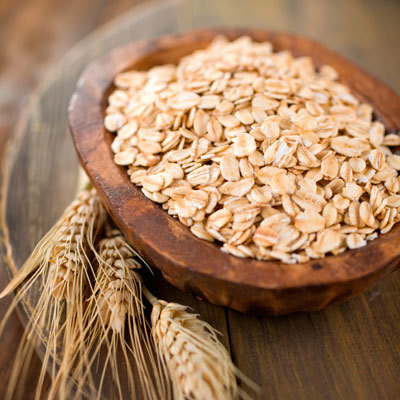 Numerous scientific studies have shown that because of its high soluble fibre content eating oatmeal daily may help to lower blood cholesterol and reduce the risk of heart disease.
Numerous scientific studies have shown that because of its high soluble fibre content eating oatmeal daily may help to lower blood cholesterol and reduce the risk of heart disease. Researchers lead by Nutritionist Mohsen Meydani at the Tufts University in Boston have also shown that avenanthramides, antioxidant molecules in oats, hinder the ability of cholesterol to stick to artery walls, thereby preventing the build-up of plaques that narrow the passageways through which blood flows and endanger heart health.
Meydani and colleagues now provide additional indications of the potential health benefit of oat consumption in the prevention of coronary heart disease beyond its known effect through lowering blood cholesterol.
Chronic inflammation inside the arterial wall is part of the process that eventually leads to a disorder known as atherosclerosis. Atherosclerosis is a condition in which fatty material collects along the walls of arteries. This fatty material thickens, hardens (forms calcium deposits), and may eventually block the arteries.
Their findings suggest that avenanthramides of oats decrease the expression of proinflammatory cytokines
Cytokines are small proteins released by cells while seeking to protect and repair tissue. Some trigger inflammation, for example, while responding to infection.
Inhibiting inflammation through diet, drugs, or key nutrients is considered to be of great benefit in preventing atherosclerosis.
This study furthers the reputation of oats as a heart-healthy food.
Details of this study can be found in the February 2010 issue Free Radical Biology & Medicine.
Photo: http://img2.timeinc.net/


No comments:
Post a Comment